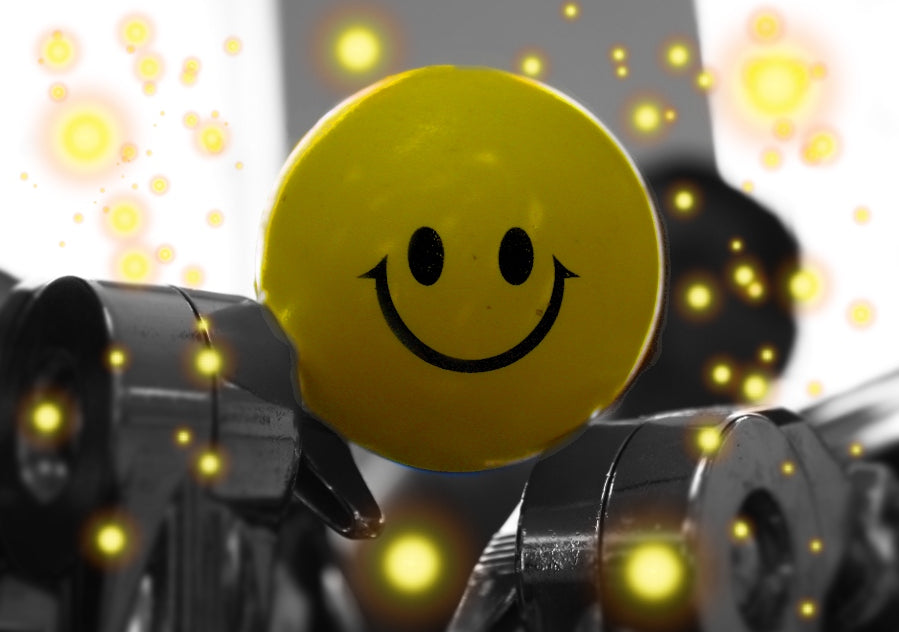How helicopter parents may be ruining a generation of children.
By Henry Adeleye on November 6, 2015

Helicopter parents. Hovering over their kids' lives. Far enough away where their child doesn't notice them, but close enough to come in and save the day when things don’t go exactly the way they want them to. Arguing with teachers, and coaches, and referees, and Starbucks employees. Knowing their child's career, who they'll marry, and what college they'll attend all before the age of three. Are they ruining a generation of children? Heck, have they already ruined a generation of adults? For all the slack millennials get, someone had to raise them. A recent study by former Dean of Freshmen at Stanford University, Julie Lythcott-Haims, takes a deeper look.
In her book, How to Raise an Adult: Break Free of the Overparenting Trap and Prepare Your Kid for Success, Lythcott-Haims explores the effect overbearing parents had on the independence of the students she encountered while she was at Stanford. What she found was that students were coming in with more and more impressive resumes, but also seemed more and more incapable of taking care of themselves like adults should. At the same time, she also noticed that parents were getting more and more involved with every aspect of their children's lives, dashing in whenever any sign of adversity was sensed, like a drop of blood to a shark.
From her experiences at Stanford, Lythcott-Haims came to believe that parents who "overhelp" their children are doing more harm than good. Doing kids' homework, science projects, and not holding them accountable is setting them up for failure, in her opinion. Trying so hard to make your children succeed that you guard them from disappointment and hardship can leave them without the skills necessary to mold their own lives as adults. She cites statistics of rising depression and emotional health issues in our young as a direct result of helicopter parenting. They're making themselves and their children miserable.
So, what's the solution?
Lythcott-Haims says that parents should teach their kids the skills and knowledge they will need to be successful in the real world, but also give them enough freedom to practice these skills on their own. If you give your kids chores to do, let them actually do them. If your kid has a big project for a class, guide them through it, but don't do the project for them. As with most things in life, moderation is the best medium. And of course, an overbearing parent is way better than an uninvolved parent. But if we want to find the best answer, and hopefully we all do, we should focus on building great leaders of the future who can handle anything life throws at them. To do that, parents have to get out of the pilot's seat.
